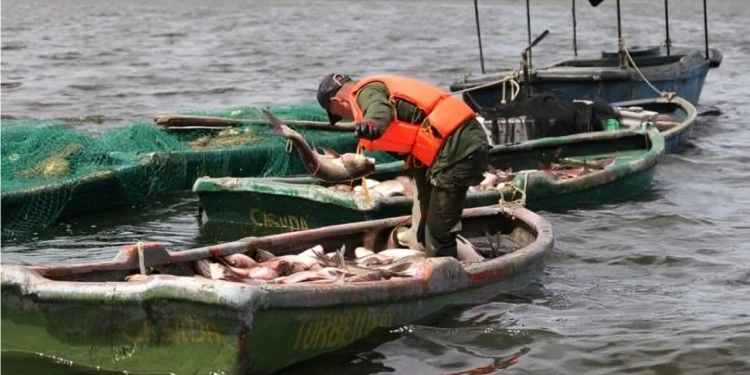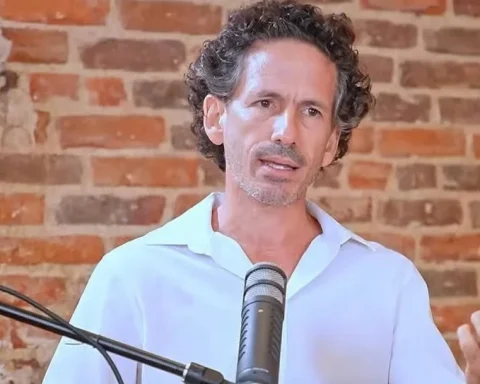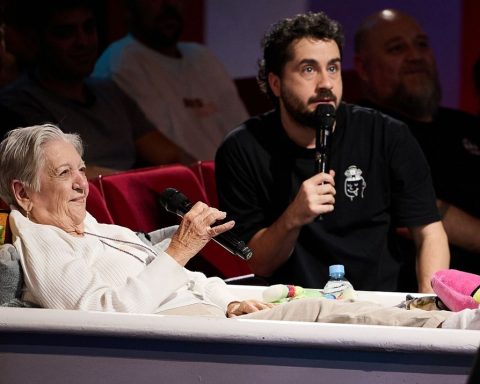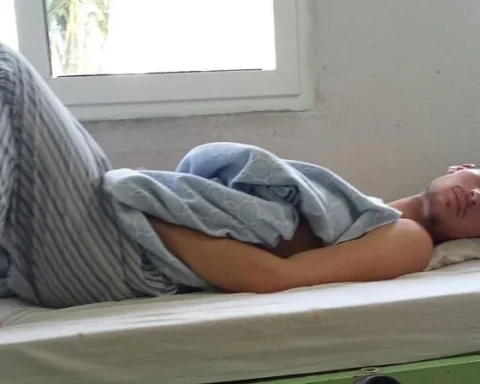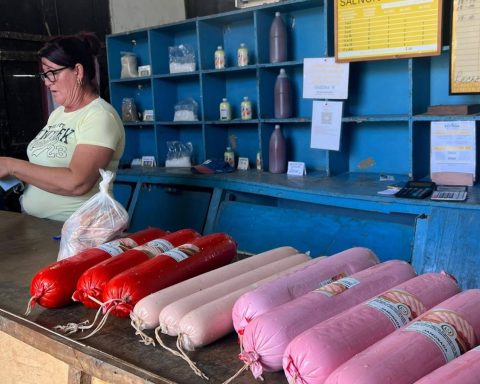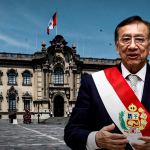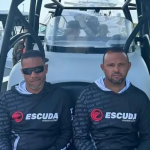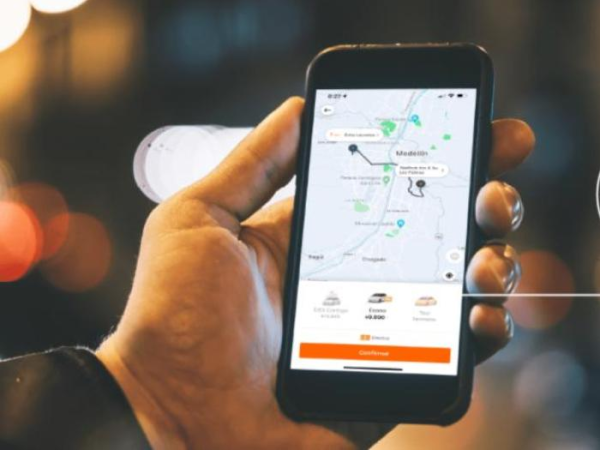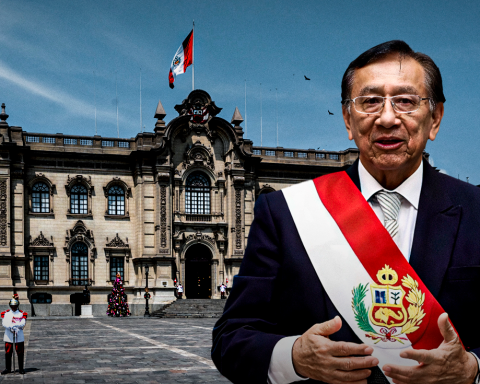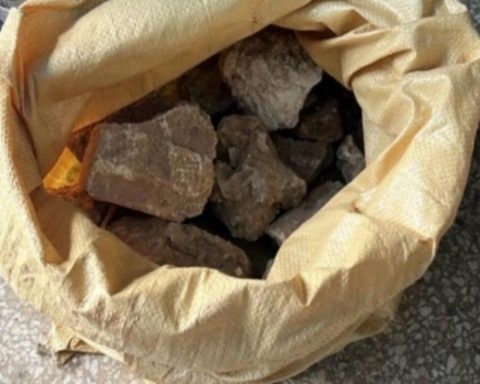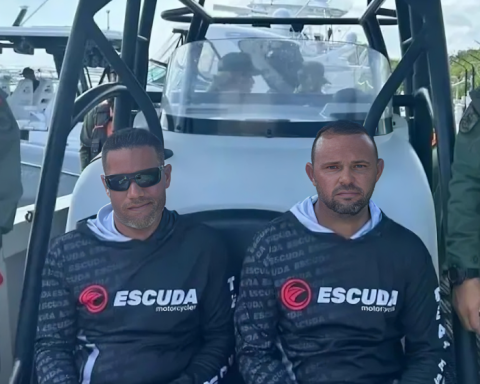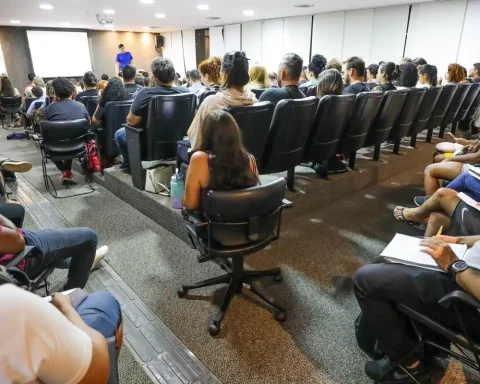SAN LUIS POTOSÍ, Mexico.- Directors of the Business Group of the Fishing They exposed this Wednesday in the official space of the Round Table that 71% of the fish obtained is for the population and the rest is for tourism and export.
Armando Posada Lóriga, president of the Fishing Business Group, said that most of the money goes to hospitals, medical diets, fishmongers and commercial entities.
However, the manager acknowledged that they have unfulfilled plans for 2024 due to external liquidity deficit, the energy situation and “the effect of the blockade”. At the end of August, only 53% of the total catch (15,620 tons of fish) had been achieved.
According to the information provided in the Round TableThe Fishing Business Group has a financial deficit that makes it difficult for them to obtain raw materials and equipment necessary for fishing and processing fishery products.
On the other hand, the lack of fuel and electricity limits fishing operations and the functioning of industries, thus limiting the capture and production of fish.
They also do not have a large fishing fleet, as the boats are dilapidated and the industrial equipment is obsolete and affects the capture and processing of fish.
Added to this are the effects caused by “illegal” fishing, since the destination of these catches “does not fit into the distribution priorities established by the territories, and lacks evaluation by authorized personnel.”
In recent months, offers of seafood have reappeared in state fishmongers after being absent for some time, but prices are high.
A snapper and albacore, 500 pesos; whole small fish, 400; guaguancho fillet, 600; cubera fillet, 650; mojarra minuta, 470; macabí minuta, 550; whole pomfret, 500; clean shrimp, 1,800; yellow tuna, 650; minced fish, 250; and fish croquettes (10 units), 160.
The cheapest offer continues to be fish croquettes, but their distribution is not stable.
At the beginning of this year, the Government Cuban government published a resolution that definitively eliminated the obligation for non-state fishermen to have a contract with a company authorized to market the fish in order to obtain a fishing license.
This measure, of a permanent nature, was applied to most fishing species, except for the lobster, which was excluded.
The species that can be freely fished by non-state fishermen are: fish, tuna, oysters, clams, crab and shrimp marine, provided they are caught outside coastal lagoons, in the waters of the island platform.
